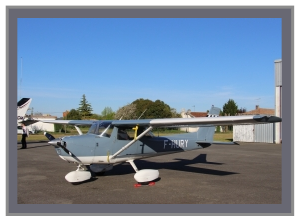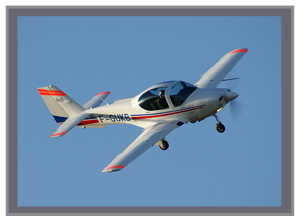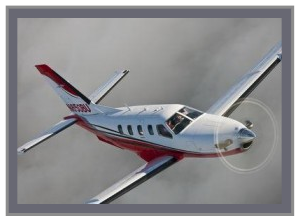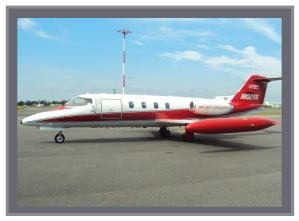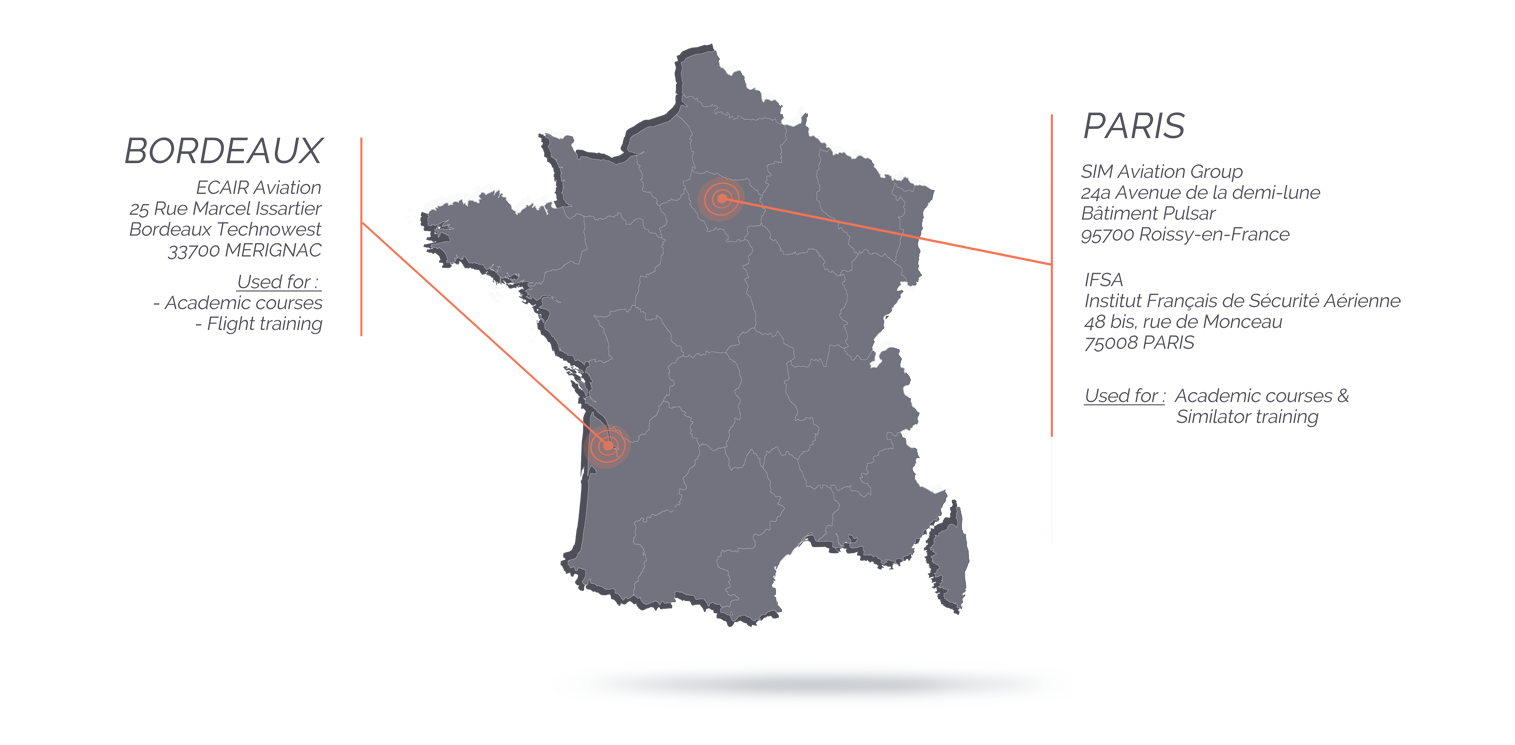OUR MISSIONS
The European Center for Advanced Inflight Recovery (ECAIR) is the first European center for pilot skills development and research relating to aircraft upset prevention and recovery (UPRT) as well as loss of control in flight (LOC-I).
While simulators effectively teach pilots to fly within the normal flight envelope, retraining is required in relation to upset prevention and recovery from unexpected situations.
ECAIR’s courses enhance a pilot’s situational awareness and airmanship by teaching them how to recognize, avoid and if necessary recover from potentially catastrophic situations. We are already compliant with the new EASA ED-D 2015/12/R (Executive Director Decision) and with the rule making process (RMP) regarding LOC-I(RMT.0581&. 0582).
ECAIR instructors are highly experienced pilots in flight envelope exploration and upset recoveries. They are experimental test pilots with aeronautical engineering degrees or airline pilots with fighter pilot background.
The key aims of our UPRT training are:
- Building a greater theoretical understanding of UPRT, increasing pilot skills in preventing, recognizing, and, if necessary, recovering from an upset
- Exposing pilots to the psychological & physiological effects of upset situations
- Exposing pilots to aircraft upsets in a controlled environment in order to build confidence in applying a timely and appropriate recovery action
- Building awareness of how inappropriate actions increase the likelihood of accidents when unexpected loss of control in flight (LOC-I) events occur
| When starting a UPRT project, operators should first select an individual or a team to be charged with the design and implementation of the programme. This team should form the core-group of instructors to setup the UPRT program |
| Academic instruction combine with FSTD Flight Training. The primary emphasis is to provide the pilot with the most realistic environment possible during UPRT. On-aeroplane training is optional. |
| The training course stipulated in SPO.SPEC.MCF.120 comprises ground training followed by a demonstration of techniques for the checks in flight and failure conditions in a full flight simulator (FFS) or aircraft. |
| Realistic training for pilots and aircrew of all experience levels with control response time similar to the actual aircraft. Designed to give pilots background knowledge concerning: – spatial disorientation and – causes of illusions – and confront aircrew to Spatial Desorientation using a specific generator of desorientation & visual illusions. |





